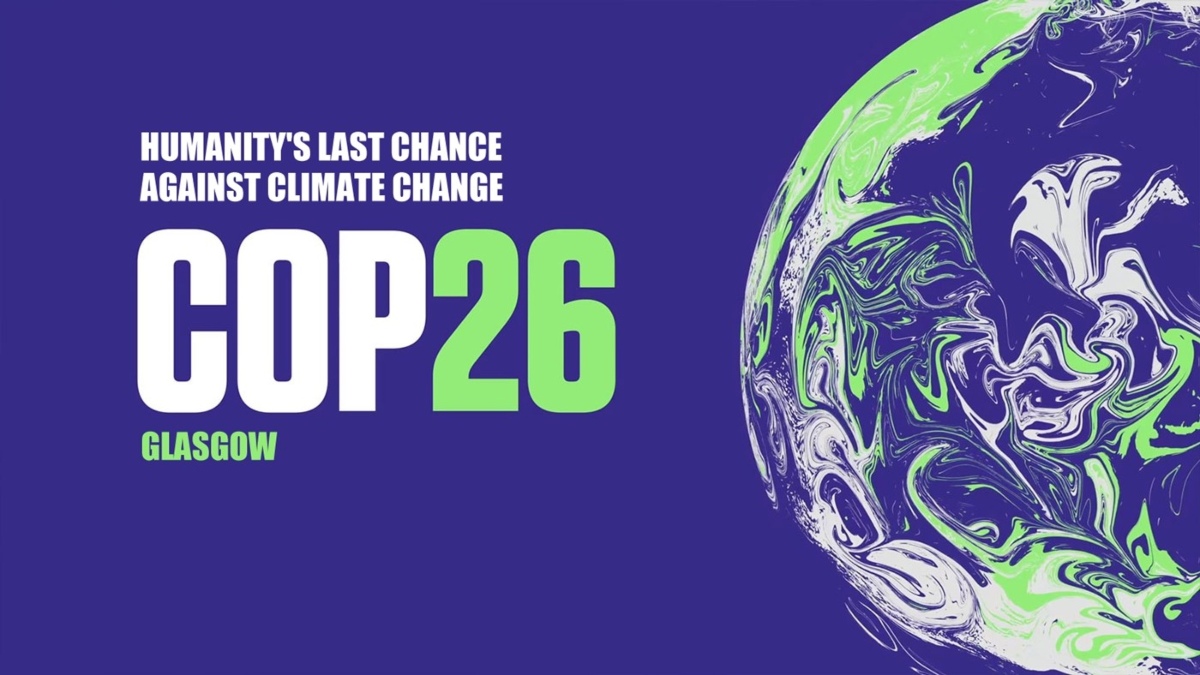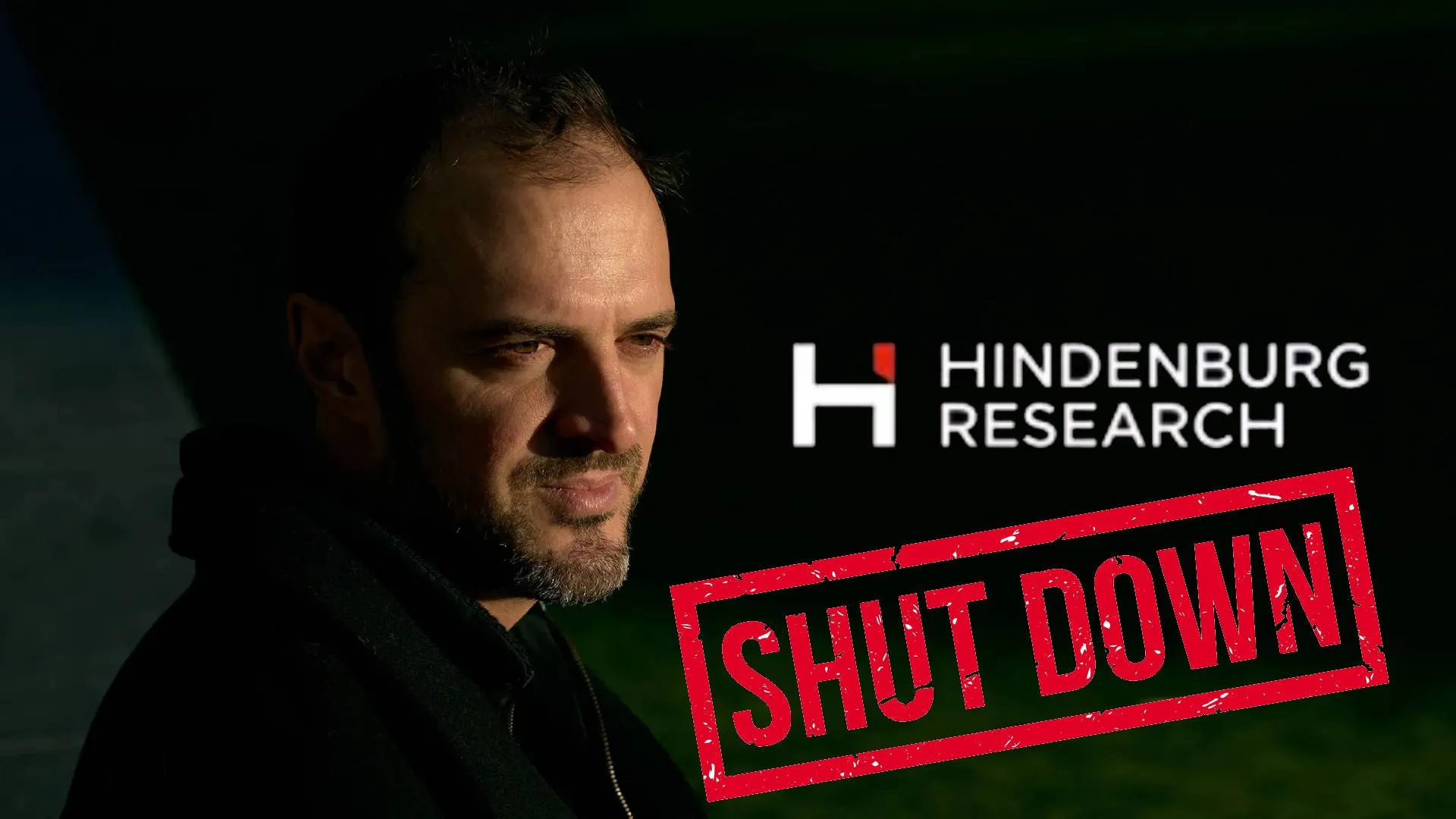Prime Minister Narendra Modi on Tuesday said that the launch of Infrastructure for the Resilient Island States (IRIS) initiative “fills us with new hope and beliefs and gives us satisfaction to do something for the most vulnerable nations”.
Launching the IRIS initiative at the 26th session of the Conference of Parties (COP26), along with his British counterpart Boris Johnson, PM Modi said, “The launch of Infrastructure for the Resilient Island States fills us with new hope and beliefs. This gives us the satisfaction to do something for the most vulnerable nations.” Speaking about the impact of climate change on the world, PM Modi said, “The past few decades have proven that nobody remains untouched by effects of climate change. Be it developed nations or nations that are rich in natural resources. It’s a huge threat.”
“Small Island Developing States (SIDS) are most threatened with climate change. For them, it is a matter of life and death, a challenge to their existence. Calamities due to climate change can become devastating for them. It is not only a challenge for their lives but also for their economy,” he added.
The Infrastructure for the Resilient Island State (IRIS) is an initiative to boost the infrastructure in small island countries.
PM Modi also said India’s space agency, Indian Space Research Organisation (ISRO), will build a special data window for Small Island Developing States (SIDS) to get timely information about cyclones, coral-reef monitoring, coast-line monitoring through satellite.
“India’s space agency ISRO will build a special data window for SIDS (Small Island Developing States). With this, SIDS will continue to get timely information about cyclones, coral-reef monitoring and coast-line monitoring through satellite.” “Guessing the threat of climate change on Small Island Developing States, India made special arrangements for cooperation with Pacific Islands and CARICOM countries. We trained their citizens in solar technologies, made continuous contributions for development,” the Prime Minister said.
PM Modi backed the “One Sun, One World and One Grid” initiative, saying that it will not only reduce storage needs but also enhance the viability of solar projects. Delivering his remarks at the ‘’Accelerating Clean Technology Innovation and Deployment’ event at COP26, the PM reiterated the idea for the One Sun One World One Grid (OSOWOG) initiative that was put forth by PM Modi, at the First Assembly of the International Solar Alliance (ISA) in October 2018. The PM also participated in the Build Back Better for the World (B3W) event and laid stress on four aspects in infrastructure creation including sustainable and transparent finance that respects the sovereignty and territorial integrity of all countries. The PM underlined the need to ensure four aspects in infrastructure creation which also include climate resilience, incorporating traditional knowledge and prioritising poor and vulnerable sections. The B3W was initiated by US President Joe Biden and President of the EU Commission Ursula von der Leyen.
Prime Minister Modi on Tuesday met Microsoft co-founder Bill Gates on the sidelines of the COP26 and discussed ways to further sustainable development. The two leaders also discussed steps to mitigate the effect of climate change. “Prime Minister @narendramodi met @BillGates on the sidelines of the @COP26 Summit in Glasgow. Both discussed ways to further sustainable development and steps to mitigate climate change,” the Prime Minister’s Office (PMO) tweeted.
PM Modi also met with Israeli counterpart Naftali Bennett and discussed ways to deepen various avenues of cooperation between the two countries. Earlier today, PM Modi met Nepali Prime Minister Sher Bahadur Deuba and Ukrainian President Volodymyr Zelensky.
Meanwhile, Foreign Secretary Harsh Vardhan Shringla on Tuesday said that India’s new target of net zero emissions by 2070, announced at COP26, is based on “scientific projection”. PM Modi has now set a target of 500 gigawatts and he is not doing it under any pressure. “The only pressure on him is the pressure of humanity the pressure of our own future, and I think that is very, very important,” Shringla said in a briefing about India’s National Statement at the COP26 Summit in Glasgow. He further pointed out that India is not going to be pressurised, will not be pressurised and has never been pressurised in any way. It is important that we are doing it of our own volition.























